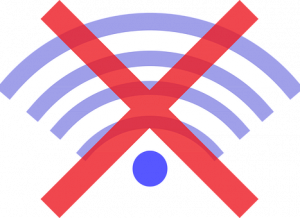The landscape of cybercrime is constantly changing and growing as hackers seek out new ways to make money. Researchers are constantly finding evidence that malicious activities and software are growing.
Use a local file to keep passwords and use encrypted zip with a password. (ex: 7zip)
1. 7-Zip

7-Zip is an open-source software used to compress or zip files secured with encryption. When you send or transfer files that contain Personal Identifiable Information (PII) or other confidential and sensitive data, the files must be encrypted and be certain they are protected from unauthorized disclosure.
Best security practices recommend that you do not email the password with the Zip file as it could be intercepted in transit. It is better to call the recipient of the Zip file and convey the password over the phone.
2. Keep software patches updated.

The main reason anyone has for downloading and installing the latest update is to stay protected from security threats. Older software will continue to have the same bugs and exploitable holes in the code that allow cybercriminals to get up to good. Updating patch will help repair system vulnerabilities that are discovered after the infrastructure components have been released on the market.
3. If possible, use a single device when conducting business (banking, shopping, etc)
If possible, use a single device when conducting business (banking, shopping, etc) but only when money is being utilized. In addition to this make sure that you are checking your mobile charges and bank statements regularly for any suspicious purchases made from your device. Use another system for all surfing, movie watching, reading mail, etc.
4. Use strong, unique passwords for Wi-Fi networks and device accounts.

Avoid common words or passwords that are easy to guess, such as “password” or “1234.” Instead, use unique, complex passwords made up of letters, numbers, and symbols. You might also consider a password manager to up your security game.
5. Avoid public Wi-Fi networks.

You might want to manage your IoT devices through your mobile device in a coffee shop across town. If you’re on public Wi-Fi generally not a good idea use a VPN.





